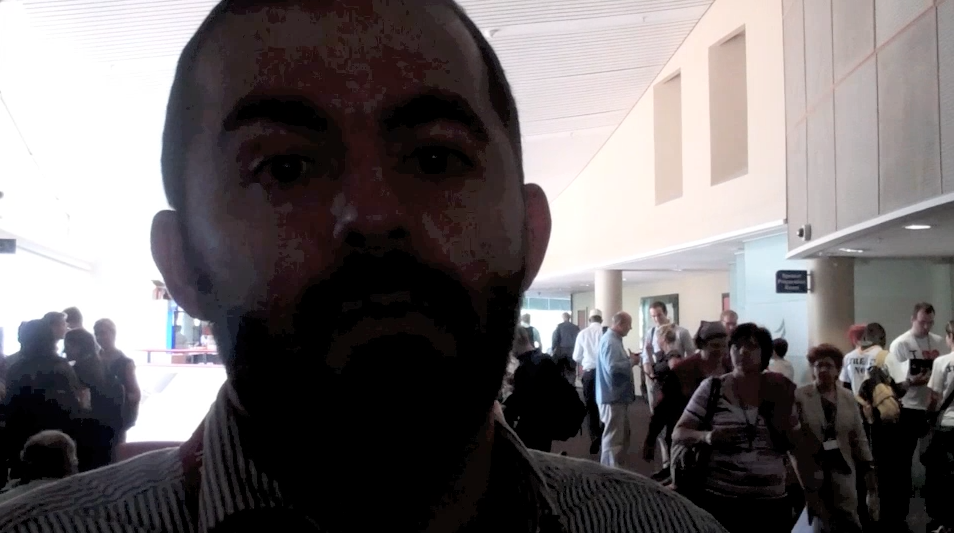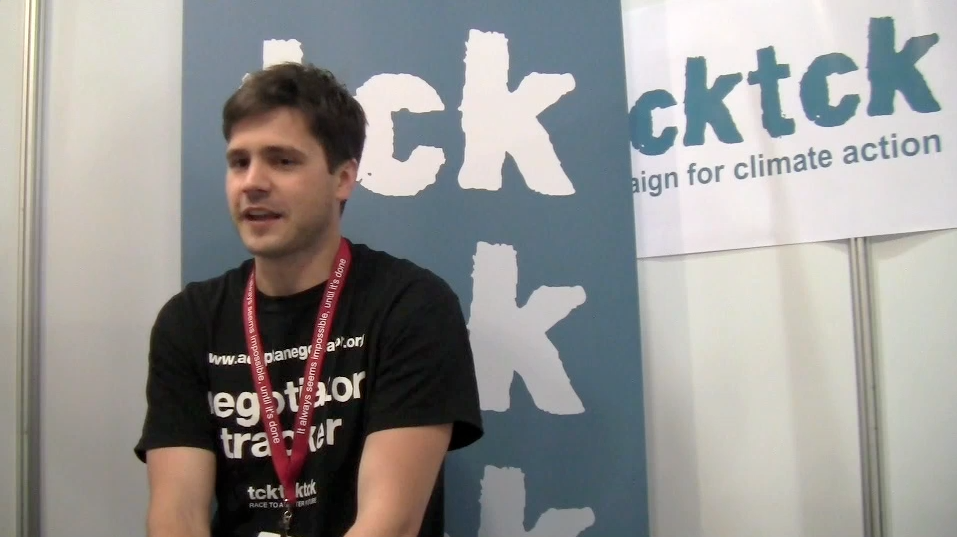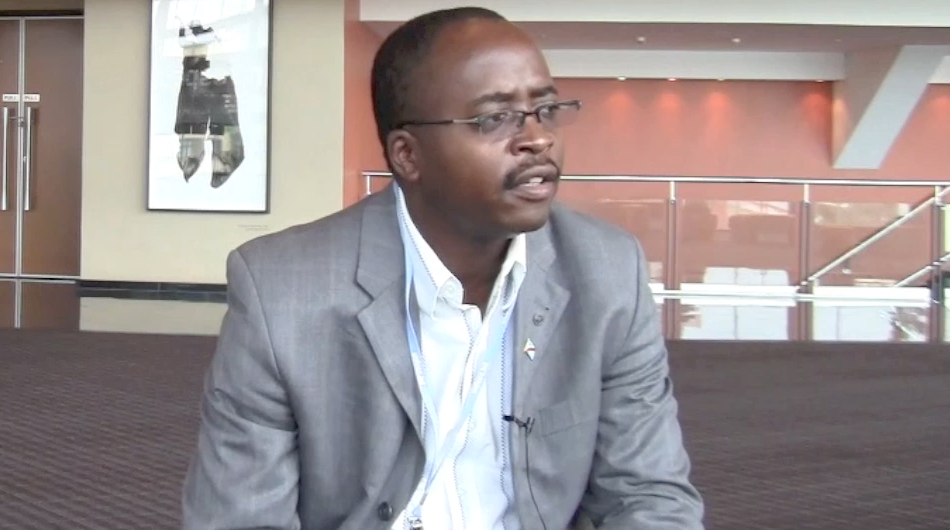David Turnbull, Director of CAN International, discusses the key issues of the climate negotiations, namely a second commitment of the Kyoto Protocol, long term cooperative action, and climate funding. He claims there is a more masked issue of ambition and calls for delegates to match policy with science. He believes that without a second period of the Kyoto Protocol there cannot be a good overall outcome at the conference. He then discusses USA ambition and calls for more action like the Tar sands protests of Fall 2011.
Interviewed by the Claire Tighe on December 7, 2011, COP 17, Durban, South Africa



